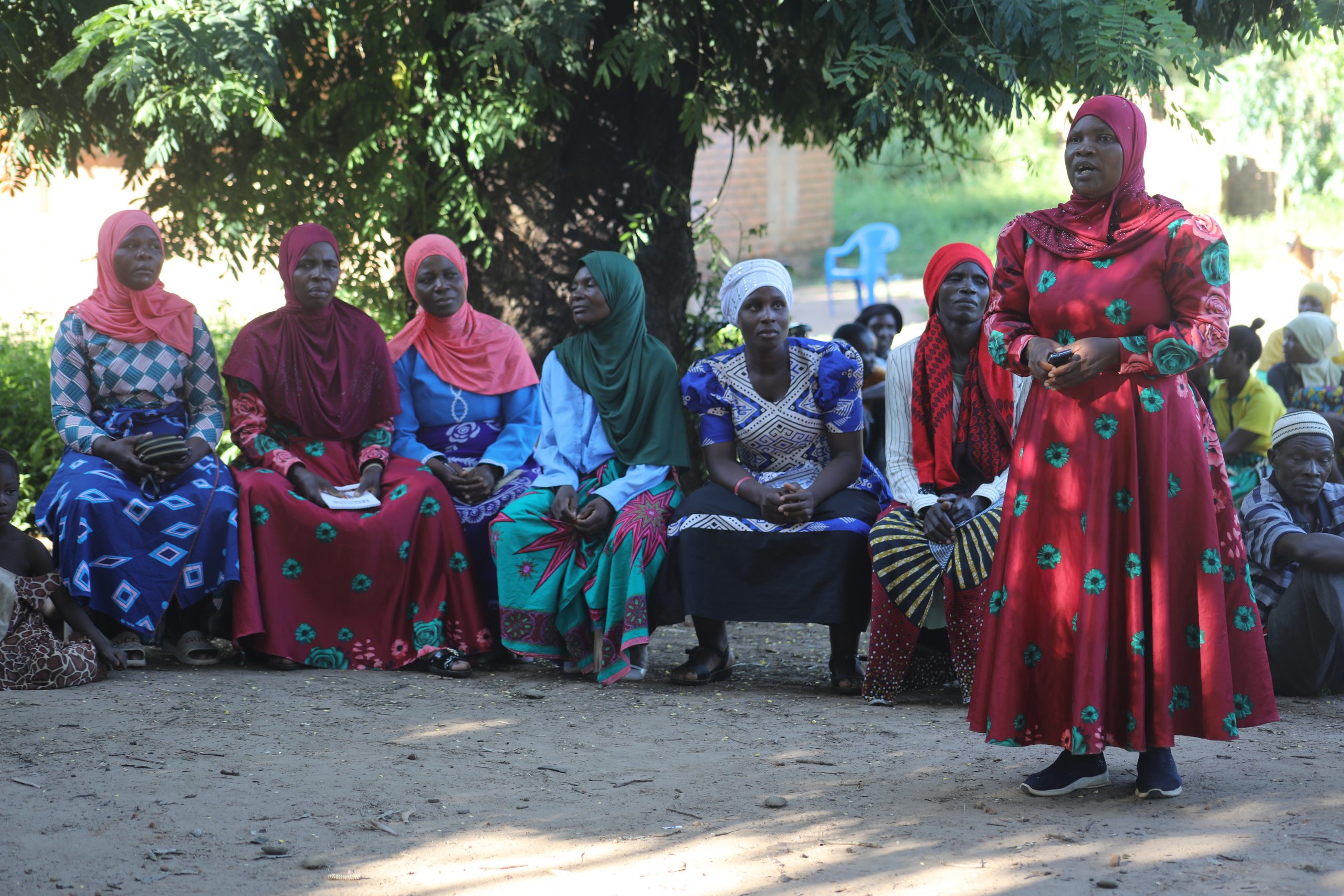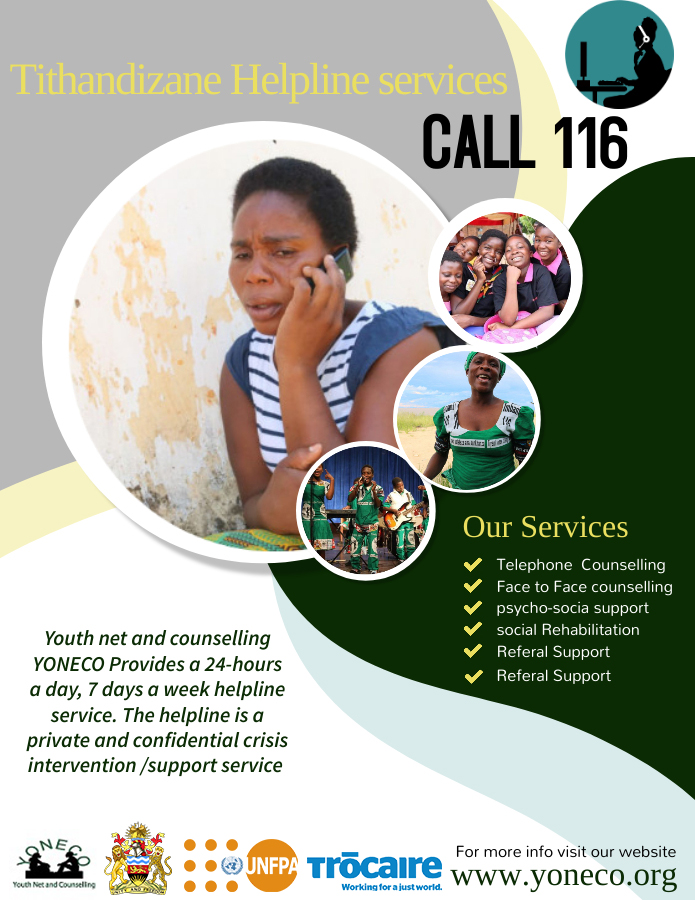Community Health Workers (CHWs) in the area of Traditional Authority (TA) Mposa in Machinga district have embarked on community sensitization campaigns on climate change-induced health challenges.
The campaigns are aimed at empowering communities to understand and effectively respond to various health risks that are associated with climate change. The CHWs have embarked on the activities following a training that was previously organized by YONECO under the Making Communities Resilient to Climate Change-Induced Health Challenges Project.
Innocent Mnong’odza, the medical officer in charge of Mposa Health Centre, indicated that the campaigns were conducted in 15 villages across TA Mposa’s area, where 8,200 people were reached. Mnong’oneza stated that the campaign further focused on promoting the identification of area-specific climate-induced health challenges and stimulating community urgency in a bid to promote resilience.
During sensitization sessions, CHWs and community members discussed several mitigation measures for various climate change-induced health hazards. Among others, the community members agreed to boil water to make it safe for drinking in instances where there is no choline. Communities acknowledged an increase in cases of waterborne diseases, including cholera, which affected 2,303 people and claimed 86 lives in Machinga district only between March 2022 and April 2023. This is the highest impact ever, and it was attributed to climate change.
In addition, it was noted that community members had gaps in knowledge regarding the proper usage of mosquito nets, which resulted in feelings that they were ineffective in the prevention of malaria. In the same vein, health workers have been using the campaign to promote the proper use of mosquito nets and discourage practices that render the nets ineffective.
Making Communities Resilient to Climate Change-Induced Health Challenges Project is being implemented by YONECO with the support of Foundation S-The Sanofi Collective in the areas of Traditional Authorities (T/As) Mposa and Mwambo in Machinga and Zomba, respectively.


